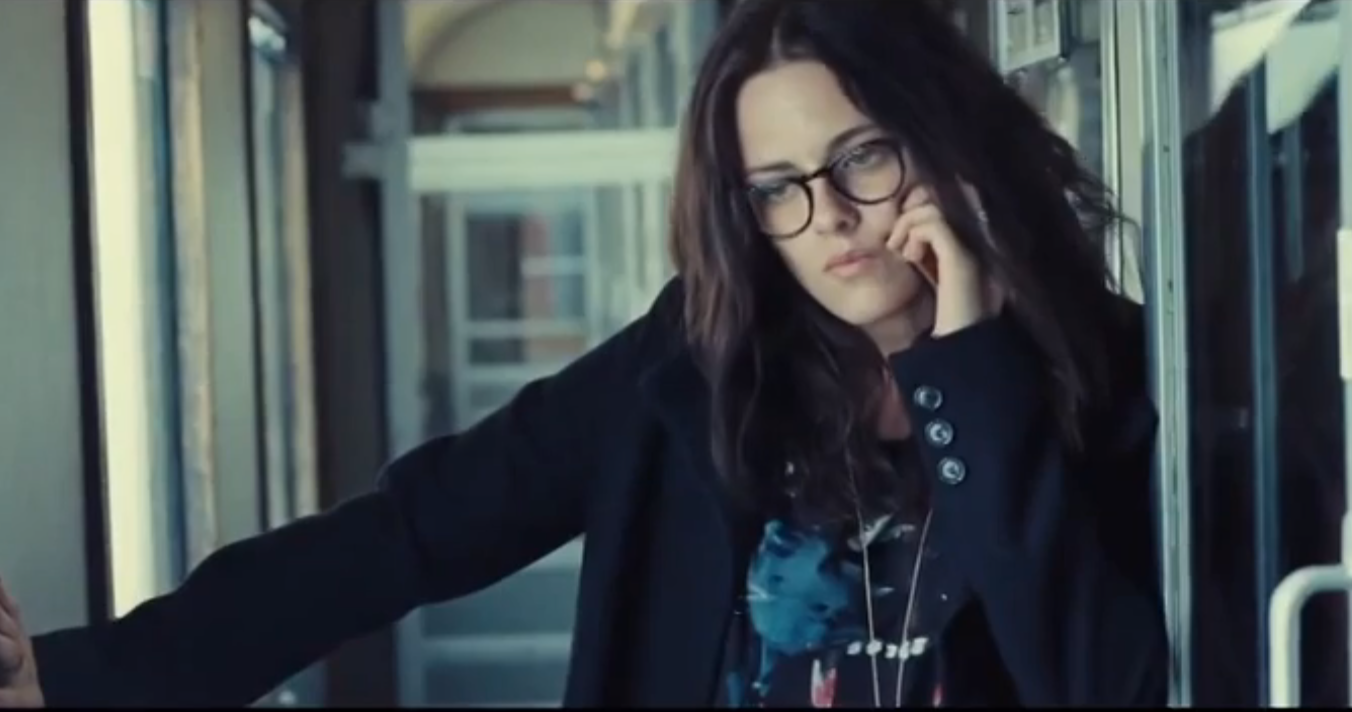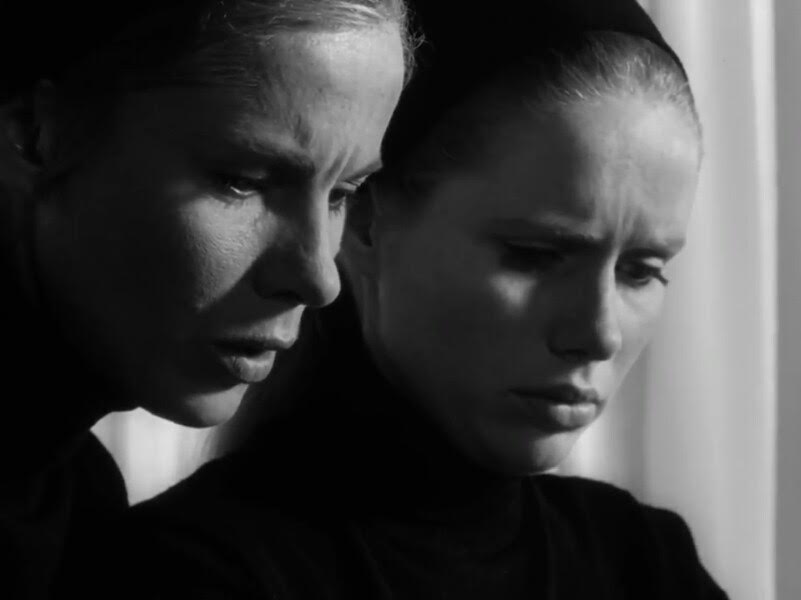I don’t have a real handle on Westerns.
Is it true that there are only seven basic plots? I’ve seen a smattering of them and love aspects about the genre and tolerate the others.
Take my viewing of Rio Bravo. There are some great moments, I mean some really great moments, but the story is in no way in any hurry to get to them. I have to take my shoes off, put my feet up and sit back because it’s not going anywhere fast.
There’s a lot of gun totin’ and posturing for superiority as well as plenty of shootin’ the breeze to build comaraderie. Is this the way guys like their movies?
Before I really ask that question, I should remind myself how much I love the banter over tea in a costume drama. Maybe they’re not so different after all. The dialogue in Rio Bravo is alive and kicking and keeps me entertained, even if I can’t quite see where it’s heading; or even if it has a destination.
The character studies are simple and broad, though Angie Dickinson’s Feathers is all over the place and I have to put in some effort to following her lines of thinking. Her decision processes echo Jean Arthur’s Bonnie in Only Angels Have Wings, which is a good thing. “Don’t know why I didn’t get on that boat/stagecoach.”
This is still my favorite scene, but now I have many more to fondly recall from memory.
Is it true that there are only seven basic plots? I’ve seen a smattering of them and love aspects about the genre and tolerate the others.
Take my viewing of Rio Bravo. There are some great moments, I mean some really great moments, but the story is in no way in any hurry to get to them. I have to take my shoes off, put my feet up and sit back because it’s not going anywhere fast.
There’s a lot of gun totin’ and posturing for superiority as well as plenty of shootin’ the breeze to build comaraderie. Is this the way guys like their movies?
Before I really ask that question, I should remind myself how much I love the banter over tea in a costume drama. Maybe they’re not so different after all. The dialogue in Rio Bravo is alive and kicking and keeps me entertained, even if I can’t quite see where it’s heading; or even if it has a destination.
The character studies are simple and broad, though Angie Dickinson’s Feathers is all over the place and I have to put in some effort to following her lines of thinking. Her decision processes echo Jean Arthur’s Bonnie in Only Angels Have Wings, which is a good thing. “Don’t know why I didn’t get on that boat/stagecoach.”
This is still my favorite scene, but now I have many more to fondly recall from memory.
















